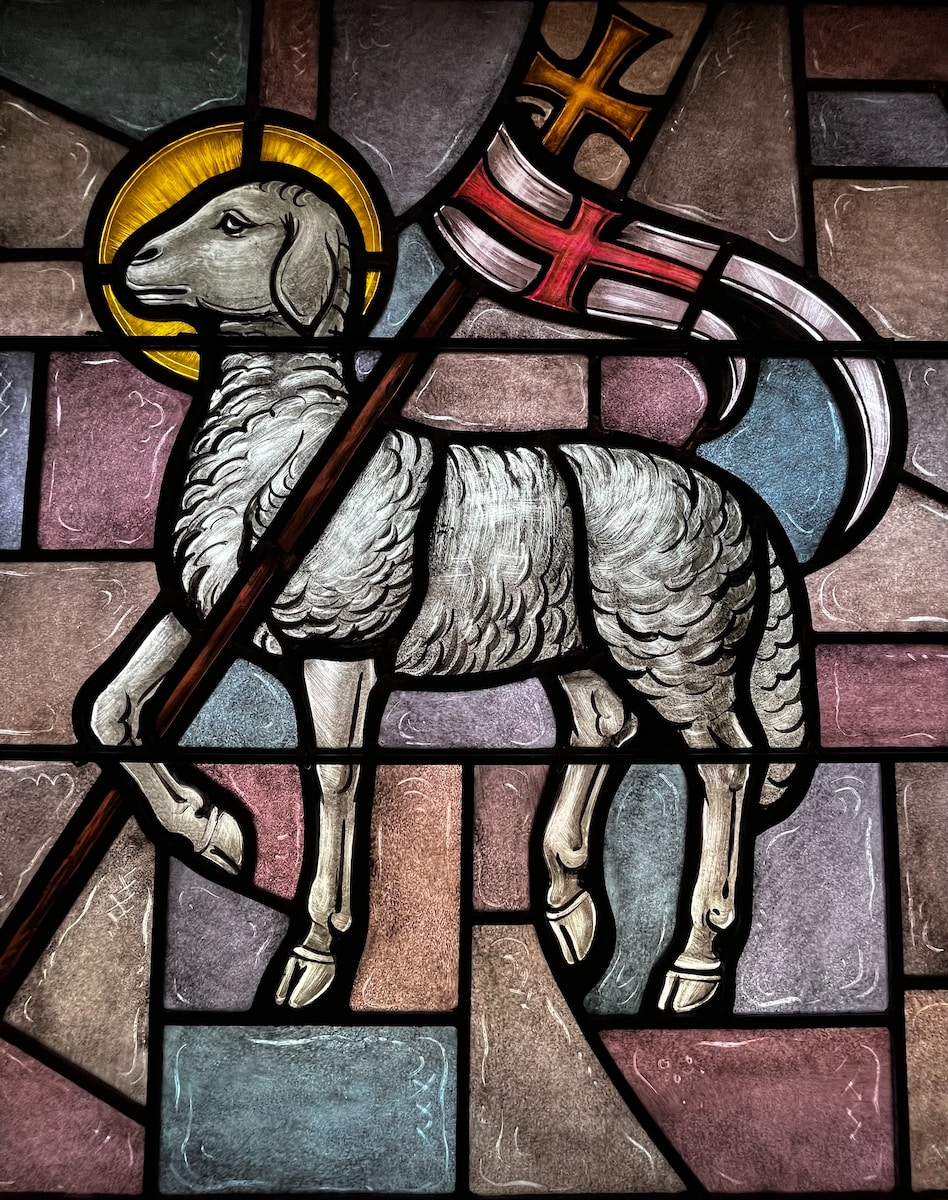The Significance of Leviticus 19 in the Old Testament
Leviticus 19 holds significant theological importance within the broader context of the Old Testament. As a part of the Mosaic Law, Leviticus establishes the covenant between God and the Israelites and defines their identity as a holy nation. The commandments and teachings in Leviticus 19 reinforce the call for Israel to be a distinct and holy people, set apart for God’s purposes.
The theme of holiness is central to Leviticus, and Leviticus 19 specifically emphasizes the connection between holiness and obedience to God’s commandments. The chapter serves as a guide for righteous living, providing the Israelites with a comprehensive set of instructions to follow in order to maintain their covenant relationship with God.
By obeying the commandments in Leviticus 19, the Israelites demonstrated their devotion to God and their commitment to living according to His standards. The chapter covers a wide range of areas, including personal conduct, ethical principles, and social relationships. Through these commandments, the Israelites were reminded of their duty to reflect God’s character and to live in a way that honored Him.
One example of a commandment found in Leviticus 19 is the prohibition against idolatry. In verse 4, God warns the Israelites not to make any idols or worship false gods, emphasizing His exclusive claim as the one true God. This commandment was essential in distinguishing the Israelites from the surrounding nations, who practiced idol worship. By following this commandment, the Israelites were reminded of their unique relationship with God and their obligation to worship Him alone.
Another commandment found in Leviticus 19 is the requirement to leave the corners of the field unharvested for the poor and the foreigner to glean from. In verse 9, God instructs the Israelites, “When you reap the harvest of your land, do not reap to the very edges of your field or gather the gleanings of your harvest. Do not go over your vineyard a second time or pick up the grapes that have fallen. Leave them for the poor and the foreigner. I am the Lord your God.” This commandment demonstrates God’s concern for the vulnerable in society and highlights the importance of social justice and care for the marginalized.
The Connection between Leviticus 19 and Messianic Jesus
The connection between Leviticus 19 and Messianic Jesus is significant and noteworthy. Jesus’ teachings and actions align with the principles and commandments found in Leviticus 19, highlighting the continuity and fulfillment of the Old Testament in His ministry. Throughout the New Testament, Jesus references and fulfills the teachings of Leviticus 19 in various instances.
For example, Jesus emphasizes the importance of love, compassion, and forgiveness, which are foundational principles found in Leviticus 19. In Matthew 22:37-39, Jesus summarizes the commandments by stating, “Love the Lord your God with all your heart and with all your soul and with all your mind. This is the first and greatest commandment. And the second is like it: ‘Love your neighbor as yourself.'” This echoes the commandment in Leviticus 19:18 to love one’s neighbor as oneself.
Furthermore, Jesus’ teachings on social justice and care for the marginalized align with the commandments in Leviticus 19. In Luke 6:30-31, Jesus instructs His followers to give to those in need and to treat others as they would like to be treated. This resonates with the command in Leviticus 19:9-10 to leave food in the fields for the poor to gather.
Jesus embodies the values and ethics presented in Leviticus 19, serving as the perfect example of holiness and righteousness. His life and teachings fulfill the requirements of the Mosaic Law, providing a new covenant and a deeper understanding of God’s expectations for His people.
The connection between Leviticus 19 and Jesus extends beyond moral teachings and ethical principles. It also includes the sacrificial system and the atonement for sins. In Leviticus 19:22, God commands the Israelites to bring a guilt offering for their sins, highlighting the need for atonement. Jesus, as the ultimate sacrifice, offers Himself as the atoning sacrifice for the sins of humanity, fulfilling the requirements of the law.
Interpretations and Perspectives on the Connection
The connection between Leviticus 19 and Messianic Jesus has been interpreted and understood in various ways throughout Christian history. Different theological frameworks approach the relationship between the Old Testament and the New Testament, yielding diverse interpretations of how Leviticus 19 relates to Jesus.
Some view the connection between Leviticus 19 and Jesus as evidence of the continuity between the Old and New Testaments. They see Jesus as the fulfillment of the law and the embodiment of the righteous living prescribed in Leviticus 19. According to this perspective, studying Leviticus 19 provides valuable insights into the character and teachings of Jesus.
Others emphasize the discontinuity between the Mosaic Law and the teachings of Jesus. They argue that Jesus brought a new covenant that supersedes the requirements of the law. While Leviticus 19 still holds theological significance, it is seen as a guide for the Israelites in their specific historical and cultural context, rather than a set of commandments directly applicable to Christians today.
In addition to these interpretations, there are also debates surrounding the extent to which Christians should apply the specific commandments in Leviticus 19 in their lives today. Some argue for a more selective approach, focusing on the underlying principles and values rather than the specific details of the commandments. Others advocate for a more literal interpretation and application of the commandments.
It is important to engage in respectful dialogue and study to develop a comprehensive understanding of the connection between Leviticus 19 and Messianic Jesus. Exploring different interpretations and perspectives can deepen our appreciation for the complexity of Scripture and foster a richer understanding of God’s revelation to humanity.
Application of Leviticus 19 in Christian Life
The teachings and commandments in Leviticus 19 have practical applications for Christians today. While Christians are no longer bound by the Mosaic Law, the principles and values found in Leviticus 19 can guide our behavior and shape our character.
For instance, the commandments to love one’s neighbor, practice honesty, seek justice, and show compassion are universal principles that Christians are called to uphold. These teachings can be applied in various aspects of life, including relationships, work, and community engagement.
In our relationships, we can strive to treat others with kindness and respect, just as Leviticus 19 commands. This involves showing love and forgiveness, rebuking when necessary, and seeking reconciliation. By embodying these principles, we can foster healthy and harmonious relationships.
In the workplace, Leviticus 19 encourages fair business practices. Christians should strive for integrity and honesty in all financial dealings, avoiding deception and exploitation. By following these principles, we contribute to a just and equitable society.
Additionally, Leviticus 19 teaches us the importance of social justice and caring for the marginalized. Christians are called to address systemic injustices and advocate for the well-being of others, just as the commandments in Leviticus 19 promote social responsibility.
Moreover, Leviticus 19 emphasizes the importance of sexual purity and moral conduct. Christians are called to live according to God’s standards, honoring the sanctity of marriage and abstaining from sexual immorality. This includes avoiding practices such as adultery, incest, and homosexuality, which are explicitly prohibited in Leviticus 19:20-22.
By aligning our lives with the teachings of Leviticus 19 and the example of Jesus, we can strive for holiness and righteousness. This not only contributes to our personal growth but also has a transformative impact on our communities and society as a whole.
Conclusion: Embracing Holiness and Christlikeness through Leviticus 19
In conclusion, Leviticus 19 holds great significance in the Bible as it contains commandments and teachings that reflect God’s expectations for His people. It is important to study Leviticus 19 in order to gain insights into righteous living and to understand the foundation upon which Jesus built His teachings.
The connection between Leviticus 19 and Messianic Jesus is evident in the way Jesus upholds and fulfills the commandments and principles found in Leviticus 19. Exploring this connection deepens our understanding of Jesus’ ministry and underscores the continuity between the Old and New Testaments.
Interpretations of the connection between Leviticus 19 and Jesus vary, but engaging in respectful dialogue and study can help us develop a comprehensive understanding of this relationship. Ultimately, the teachings and commandments in Leviticus 19 have practical applications for Christians today, guiding our behavior and shaping our character as we strive for holiness and Christlikeness.
By embracing the principles found in Leviticus 19, Christians can cultivate a lifestyle of holiness and righteousness, reflecting the character of God and the example of Jesus. As we seek to love our neighbors, practice justice, and live with integrity, we become agents of transformation in our communities and ambassadors for the Kingdom of God. Let us, therefore, embrace the teachings of Leviticus 19, not as a burden or legalistic duty, but as a pathway to a vibrant and purposeful Christian life.
#Leviticus19 #OldTestamentTheology #HolinessInScripture #ChristianEthics #MessianicTeachings #SocialJustice #LoveThyNeighbor #BiblicalCommands #MoralLiving #CovenantObedience #ChristianHoliness #MosaicLaw #MessianicFulfillment #ScripturalPrinciples #EthicalGuidance #LivingLikeJesus



